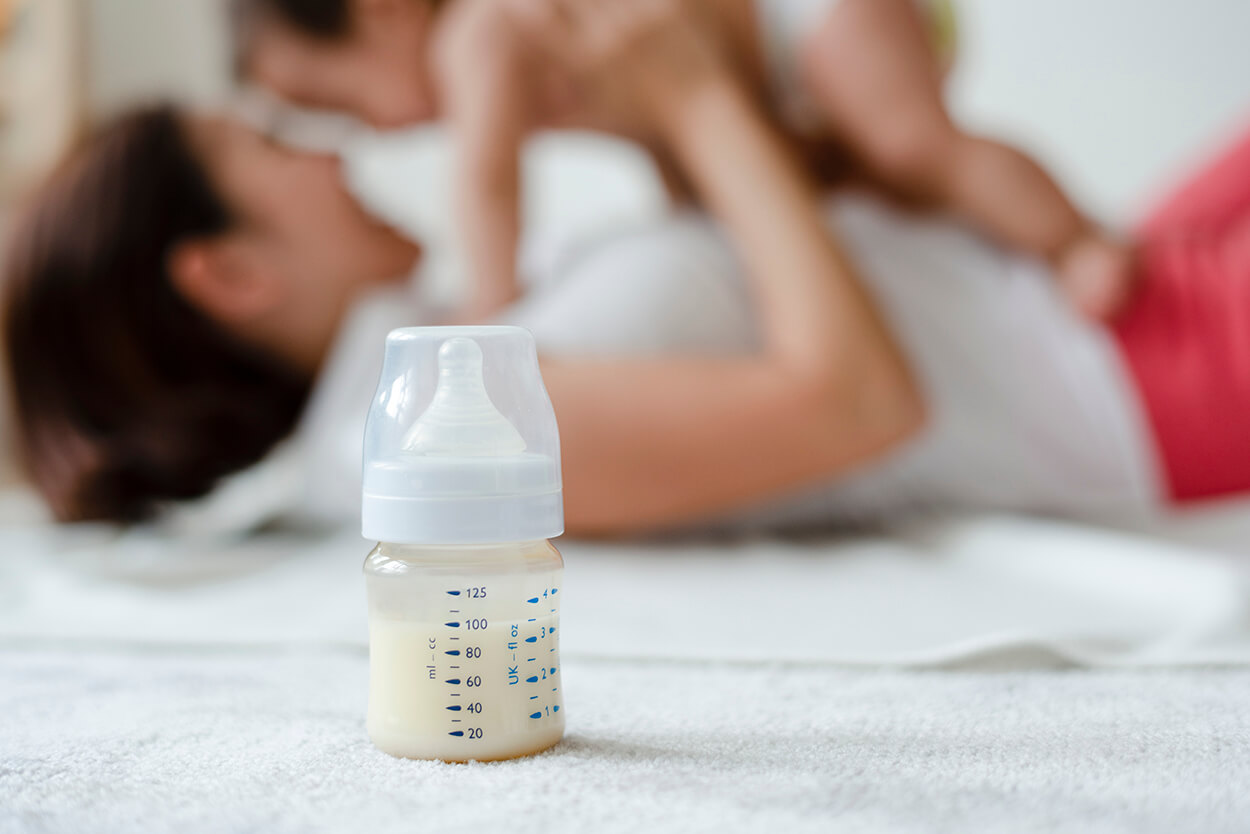
As workplace laws evolve, so do employer responsibilities when it comes to labor law poster compliance. One such law, the Providing Urgent Maternal Protections for Nursing Mothers Act (PUMP Act), expanded rights for nursing employees and introduced new labor law poster requirements that employers need to understand and act on.
Let’s take a closer look at the act and how it affected what must be posted in the workplace.
What is the PUMP Act?
Signed into law in December 2022, the PUMP Act builds on the Fair Labor Standards Act (FLSA) to extend protections for nursing employees. It requires employers to provide two key things:
- Reasonable break time for employees to express breast milk for up to one year after the child’s birth
- A private, non-bathroom space for pumping that is shielded from view and free from intrusion
What makes the PUMP Act especially significant is that it closes previous loopholes—making these rights available to nearly all FLSA-covered employees, including many previously excluded salaried workers.
Let’s take a closer look at these requirements.
Understanding the lactation space requirement
 Employers have some flexibility in designating compliant lactation spaces. Suitable options include the following:
Employers have some flexibility in designating compliant lactation spaces. Suitable options include the following:
- A converted office, closet, or storage area
- A screened-off or partitioned space in a larger room
- A designated lactation room or pod
Whatever space is chosen, it should include signage to indicate when it is in use. If located in open or high-traffic areas, curtains or barriers may be necessary.
Additionally, the lactation space must not be visible through any security or video cameras. This extends to remote workers, who must be able to pump without being seen on video calls or monitored through surveillance tools.
At a minimum, the space must include a chair, a flat surface (such as a table or shelf), and an electrical outlet for a breast pump. Proximity to running water and refrigeration is strongly recommended, even if not required by federal law.
Employers should consider how many employees may need the space and ensure it is available whenever needed. Larger companies may benefit from multiple pumping stations within a shared room. In workplaces where space is limited, such as malls, airports, or shared office complexes, businesses may collaborate to create or share a lactation area. These partnerships can provide compliant options without major renovations.
Don’t forget state and local laws
The PUMP Act sets a federal baseline, but many states and municipalities have additional or stricter requirements. Some state laws specify that lactation spaces must be clean, well-lit, and close to running water or refrigeration. While not always mandatory, these features are best practices and help reduce the risk of noncompliance or employee complaints.
The FLSA poster includes the PUMP Act
The U.S. Department of Labor has updated the FLSA Employee Rights poster to reflect the PUMP Act. This means employers are required to display the most recent version of the FLSA poster in a conspicuous and accessible location where all employees can easily see it.
Failing to display the updated poster can result in penalties or legal exposure, especially if an employee’s rights under the PUMP Act are violated and the business cannot demonstrate compliance.
For remote or hybrid workplaces, electronic posting may be acceptable in addition to physical postings, as long as the following three things are true:
- All employees exclusively work remotely
- All employees customarily receive information from the employer electronically
- Employees have readily available access to the electronic poster
If only part of your workforce is remote, you should provide both physical and electronic versions.
Best practices for PUMP Act compliance
To comply with the PUMP Act, employers should take these steps:
- Update your labor law posters with the most recent FLSA version reflecting PUMP Act rights.
- Train managers and HR personnel on how to handle accommodation requests for nursing employees.
- Regularly audit your poster displays, especially after any federal, state, or local legal updates.
The bottom line
The PUMP Act represents a positive step forward in supporting working parents, but it also increases the burden of compliance on employers. By staying up to date with labor law poster requirements and training staff accordingly, companies can avoid penalties and foster a more inclusive, family-friendly work environment.
To stay compliant with federal and state labor law poster requirements, check out Poster Compliance Center’s compliance plans, which will send you updates every time a mandatory law changes.
The 501(c) Agencies Trust offers members a discounted compliance program, through Poster Compliance Center, to meet your legal notice requirements. Contact us for more information.
(Images by: Lifestock and Rawpixel-com)




